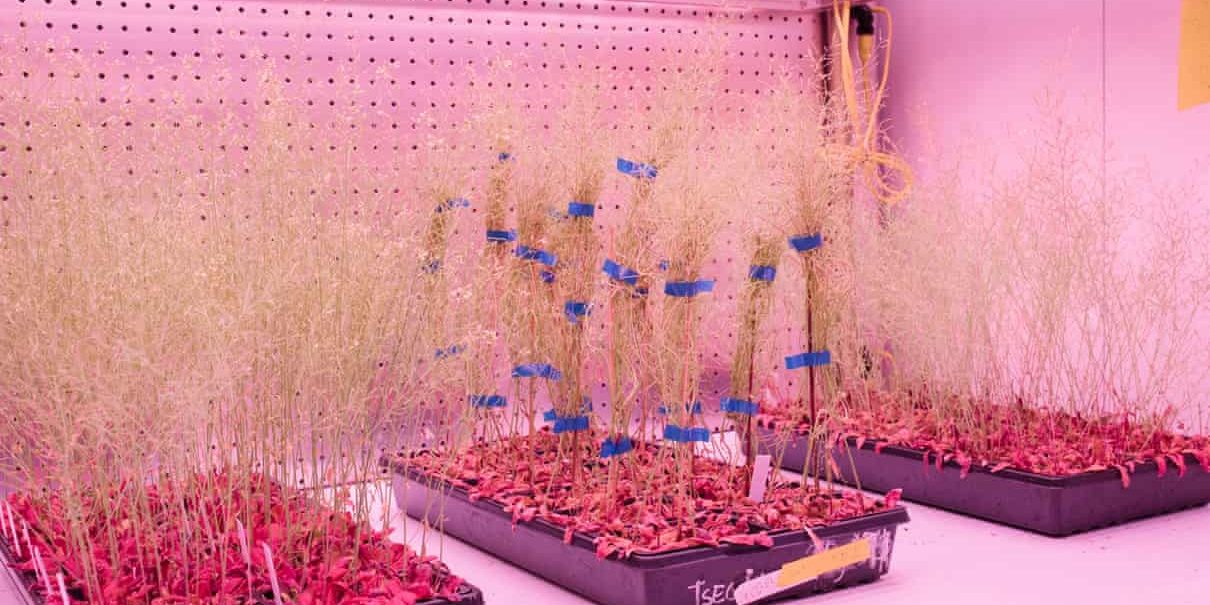
Each year, we produce 18 more gigatons of CO2 than what the Earth can handle. Another observation, each year, plants suck up approximately 65 gigatons of CO2 in the air, and store it in their leaves, stems, roots. Doctor Joanne Chory develops, in her laboratory, super plants able to suck up even more CO2.
Suberin, Cork and CO2
Suberin can be found in plants, in their stem or roots. It allows the plant a better adaptation to its environment and to maximize the absorption of nutrients and water. Cork is also mainly composed of suberin. Besides, cork is known for its ability to keep CO2 prisoner. Suberin thus plays an important role in the storage of carbon in the soil by plants.
Ideal Plants: The Harnessing Plants Initiative
“Plants evolved to suck up CO2 and they’re really good at it. And they concentrate it, which no machine can do, and they make it into useful materials, like sugar. They suck up all the CO2, they fix it, then it goes back up into the atmosphere.” - Dr Joanne ChoryDr Chory's idea is to do what nature already does, but with a greater impact: creating super plants more absorbent in CO2 and more resistant to climate change. The principle consists of splicing the genes of plants like beans, corn and cotton with a new compound allowing them to better absorb carbon in the air. As a result, the roots of the super plant transfer the carbon absorbed from the leaves to the roots and finally in the soil.
With these super plants, Dr Joanne Chory only improves on what nature does. However, she is aware that genetic modification is often misunderstood and reduced to a negative vision of GMO. Nevertheless, farmers practise genetic modification for centuries. Corn perfectly illustrates this point. Dr Chory also reminds that there is no foreign genetic material in the super plants, unlike in most of GMOs.
For now, Dr Chory and her team have to test the plants on the Mississippi shores in Louisiana. The SALK Institute also negotiates with seed companies to democratize the access to super plant seeds, so it will be available for any farmer in the world. Doctor Joanne Chory is director of the Plant Molecular and Cellular Biology Laboratory at the Salk Institute for Biological Studies.
The window for slowing global warming is getting smaller. In another ten to twelve years we will reach the tipping point, from which there is no return. That means the planet will continue to warm, regardless of what we do at that time. Wake-up EARTH!

No comments:
Post a Comment